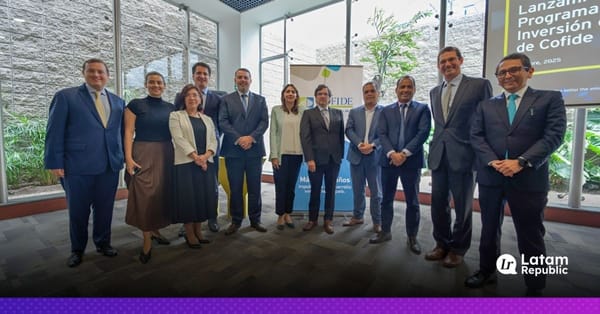68% of Mexican Startups Adopt Sustainability as a Core Strategy
Mexican Startups are placing sustainability at the heart of their business strategies, signaling a major shift in Latin America’s entrepreneurial ecosystem.

Mexican Startups are placing sustainability at the heart of their business strategies, signaling a major shift in Latin America’s entrepreneurial ecosystem. A recent study by the International Finance Corporation (IFC) and Endeavor, “Sustainability: Motor of Efficiency and Value Creation”, reveals that 68% of Mexican startups and scaleups expect sustainability to become a central, cross-cutting element in their operations in the coming years. This trend is driven by regulatory changes and growing market demand across the region.
Sustainability as a driver of efficiency and value
The IFC/Endeavor report highlights tangible benefits for startups that integrate sustainable practices.
- Half of respondents (50%) reported reductions in operational costs
- 41% observed enhanced brand perception
- 27% noted improved talent attraction.
Access to new markets was identified as a key advantage by 31%, while 50% pointed to financing opportunities as a major benefit.
Vincent Speranza, CEO of Endeavor Mexico, explains: “Soon sustainability will stop being a differential and will become a new standard. Scaleups that place it at the center of their strategy are not only more efficient; they also attract talent and connect with global value chains.”
Sustainable finance: opportunities and adoption gaps
Despite the growth of sustainable financing instruments, adoption among Mexican startups remains limited. Between 2020 and 2025, thematic bonds totaling US$32.6 billion were issued globally, vastly surpassing the approximately US$158 million invested in sustainable startups through venture capital. Yet only 18% of surveyed startups have issued or used green or thematic bonds or loans.

The study also revealed knowledge gaps:
- 25% of startups reported limited understanding of thematic bonds
- While 4% were aware but chose not to use them.
These findings suggest a significant opportunity for Latin American startups to leverage sustainable finance as a growth accelerator.
Tracking environmental impact: achievements and challenges
Monitoring environmental performance is becoming more common, with 75% of startups reporting some level of environmental tracking. However, only 57% have implemented clear tools or targets, leaving a near 20-point gap in precision and accountability.
Several Mexican and Latin American startups are already demonstrating how sustainability can be operationalized effectively. For example, companies in sectors such as clean energy, waste management, and sustainable consumer goods are integrating metrics for emissions, energy efficiency, and supply chain sustainability, setting a benchmark for regional peers.
Regional context: Latin America’s path toward sustainable innovation

The adoption of sustainability in Mexican startups reflects broader trends in Latin America, where governments and investors increasingly incentivize green initiatives. From Brazil to Chile, thematic bonds, grants, and impact investment funds are emerging as viable tools to finance sustainable ventures.
By aligning operations with these frameworks, startups can enhance competitiveness and access global value chains, strengthening the region’s position in the international market.
Looking ahead: closing the gap
While Mexican startups lead the regional transition toward sustainability, gaps remain. Limited use of green financing instruments and the lack of precise environmental metrics highlight areas for improvement.
“Startups that embed sustainability in every aspect of their business will not only benefit operationally but will also strengthen brand reputation and attract the best talent,” emphasizes Speranza.
With continued support from investors, regulators, and ecosystem partners, Mexican startups can serve as a model for Latin America, proving that sustainability is both a strategic advantage and a key driver of growth.




